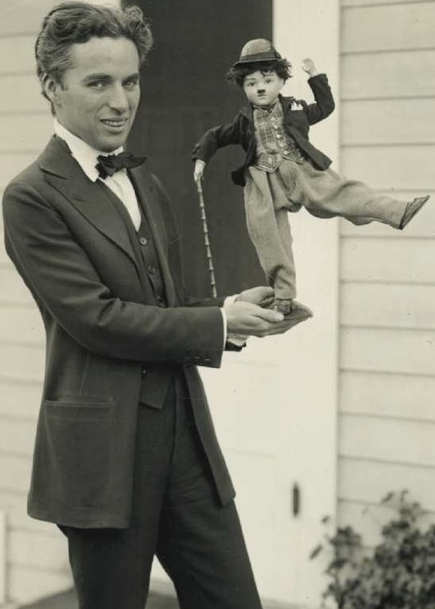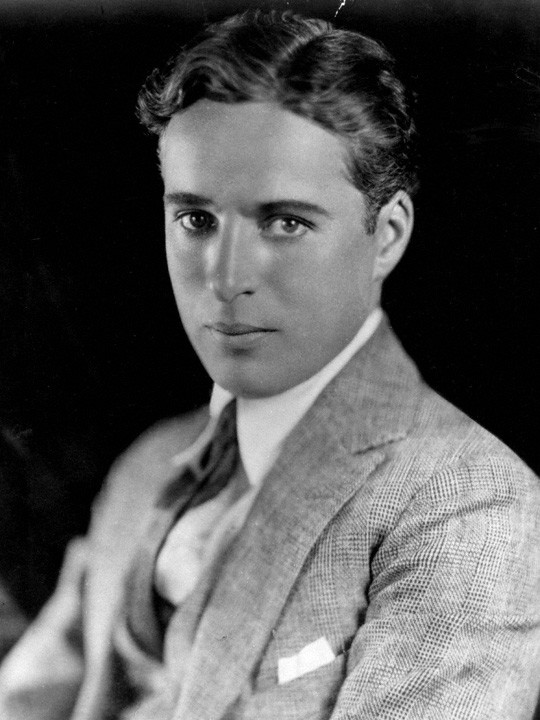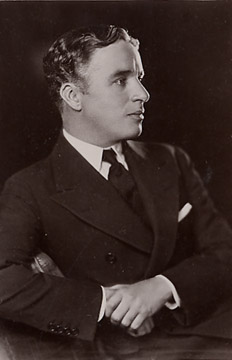Charlie Chaplin
Charlie Chaplin real name Charles Spencer, he born on April 16, 1889 was an English actor, film director and composer who rose to fame in the silent era. Chaplin became an icon around the world with his on-screen character "The Tramp" and is considered one of the most important figures of the film industry's history. his career has spanned over 75 years, children in Victorian times until a year before his death in 1977, and includes both adulation and controversy. Chaplin's childhood in London was one of poverty and misery. As his father was absent and his mother struggled financially, he was sent to a hospital twice before the age of nine. When he was 14, his mother was committed to a mental asylum. Chaplin began performing at an early age, a tour of concert halls and working later as a theater actor and comedian. at 19, he was signed to the prestigious company Fred Karno, who took him to America. Chaplin was observed for the film industry, and began appearing in 1914 for Keystone Studios. He quickly developed the Tramp character and formed a large fan base. Chaplin made his own movies from an early stage, and continued to perfect his art as he moved to the Essa nay, Mutual, and the First National companies. In 1918 he was one of the best known figures in the world. In 1919, Chaplin co-founded the distribution company United Artists, which gave him complete control over his films. His first feature film was The Kid (1921), followed by a woman of Paris (1923), The Gold Rush (1925) and The Circus (1928). He refused to move to his movies in the 1930s, instead producing City Lights (1931) and Modern Times (1936) without dialogue. Chaplin became increasingly political, and his next film, The Great Dictator (1940), Adolf Hitler satire. The 1940s were a decade of controversy for Chaplin, and his popularity declined rapidly.He was accused of Communist sympathies, while participating in a paternity suit and marriages of much younger women caused scandal. An FBI investigation has been opened, and Chaplin was forced to leave the US and move to Switzerland. He abandoned the Tramp in his subsequent films, including Monsieur Verdoux (1947), Limelight (1952), A King in New York (1957) and The Countess from Hong Kong (1967). Chaplin wrote, directed, produced, edited, starred in, and composed music for most of his films. He was a perfectionist, and its financial independence allowed him to spend years on the development and production of an image. His films are characterized by combined slapstick to pathos, typed in the Tramp struggles against adversity. Many contain social and political themes and autobiographical elements.In 1972 as part of a new appreciation for his work, Chaplin received an honorary Oscar for "the incalculable effect he has had to make motion pictures the art form of this century ". He continues to be held in high regard, with the gold rush, City Lights, Modern Times and the great Dictator often ranked on the list of the greatest films of all time in the industry.











No comments:
Post a Comment